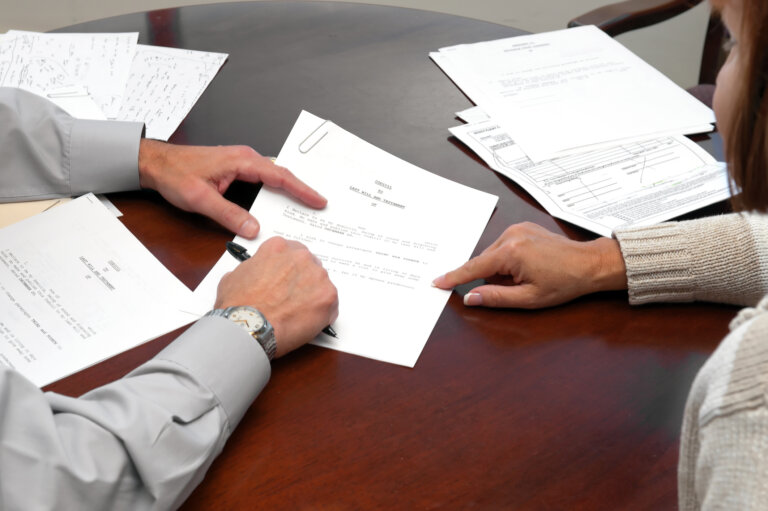An individual who dies intestate, meaning without a will, empowers the state to distribute assets on his or her behalf. This fact surprises some as there is a common misconception that dying without a will triggers the release of assets directly to a spouse and children.
If you don’t have a will, meet with our Florida estate planning attorney to create one and avoid the intestate scenario as detailed below.
The Fate of Assets Without Direction From a Will
A decedent’s assets, meaning those of a person who dies, are redirected toward appropriate parties as dictated by a probate court judge. The problem with such an outcome is there is no guarantee the probate court judge will be completely objective when distributing assets. You can avoid such uncertainty from a judge who acts on behalf of the state by creating a will with the assistance of a Florida bankruptcy attorney.
A probate court judge might unjustly determine an ex-spouse, estranged son/daughter or other undeserving party is to receive some or all of the decedent’s assets. Examples of such assets include:
- Hard-earned cash in savings/checking accounts
- Retirement investments
- Automobiles
- Real estate
In general, state intestate succession laws are written to ensure the decedent’s closest relatives receive property. The state also determines the individual to serve in the executor’s capacity when there is not a will.
Probate court judges ultimately decide on the executor, typically favoring the decedent’s spouse or domestic partner. However, if no such significant other is alive, offspring typically serve as the executors of the estate.
The Fate of Minor Children
If you are a parent of a child, it is imperative that you write a will. Otherwise, an early death will result in the state determining who obtains guardianship of your child.
A judge will gather information when making a guardianship decision yet there is no guarantee that information will be accurate. It is possible that the judge’s decision will not be in the best interest of your child.
Probate Judges are Unworthy of Your Trust
There is no guarantee a probate court judge will distribute your assets appropriately after you pass. In general, blood relatives such as spouses, domestic partners, and offspring tend to inherit assets in accordance with intestate succession laws.
If you are like most people, you don’t want your surviving spouse to get all or most of your assets. The average person favors certain blood relatives, be it a first-born child, domestic partner, sibling, etc.
Above all, those without a will should understand there is the potential for assets to be given to the state. If a relative cannot be found or if the probate judge determines it to be appropriate, assets will be taken by the state for Uncle Sam’s use. Most people agree it is better for family, friends or even charities to make use of assets as opposed to state government.
Learn More During a Consultation With Our Florida Bankruptcy Attorneys
If you aren’t comfortable trusting a potentially unfair probate court judge with distributing your assets upon passing, take action today. Our Florida bankruptcy and estate planning attorneys are here to help you plan for the future. Contact us today to schedule an appointment.

